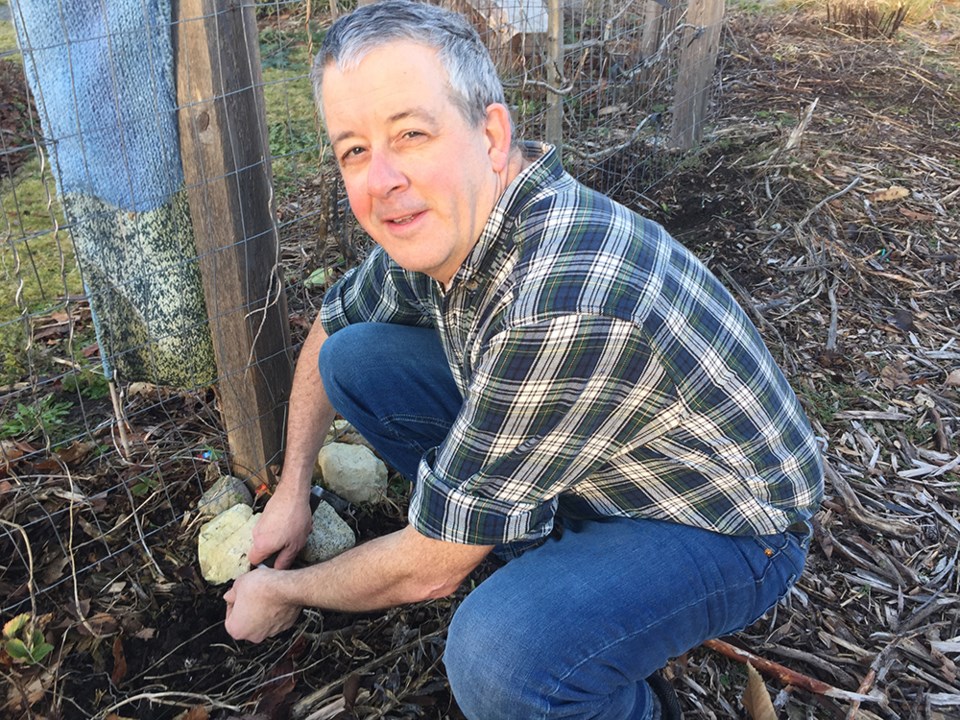"We started it as an organization for normal people, not farmers," he said. "It was for regular people who wanted to know how to can food."
The goal was not to be a food cooperative where people could purchase food, but to organize workshops and events so more people could grow more food and share it with other members, said Parkinson.
With the rising cost of produce, Parkinson said he hopes local growers will plant more crops this year.
"I can only hope there will be a little extra local produce getting planted," he said. "Because if things keep going the way they are, it is going to get considerably cheaper to buy the local stuff."
In the BC Kootenays, nestled among mountain passes, the city of Nelson has been dealing with food security quite differently than Powell River.
Although both communities are remote, isolated and of similar population size, cultural differences have resulted in different solutions springing up in Nelson.
The influx of young, liberal and educated youth in the 1970s changed the demographics of the BC mountain town. The spirit of the times and changing views of food led to the development of Kootenay Co-op in 1975.
"Co-ops are the solution to all kinds of problems," said original founder and current board treasurer Alex Berland. "The original motivation for us came out of a do-it-yourself attitude we had at the time."
The co-op, which began its life as a basement buying club 41 years ago, is now making more than $13 million in annual sales and has over 100 local suppliers, including a tofu maker, said Berland.
In addition to growing sales, Berland said the co-op also provides good pay and benefits packages to its employees and distributes profits to the wider community; a legacy from its original founding mission, which saw the co-op as a vehicle for the betterment of humankind.
"Food security in a community exists when everybody in that community has access to affordable, nutritious and safely produced food that is culturally appropriate."Vanessa Sparrow -Powell River Food Security Project coordinator
While profit margins are smaller at food co-ops compared to corporate grocery stores, Berland said less waste and more stable local supply networks make them more able to compete.
Despite the benefits of a co-op, Berland said starting small with a buying club is a more viable option for Powell River than leaping into developing a full-scale food co-op.
"Start small with a buying club and build support as you go," he said. "you will get those networks set up and not get overextended."
As part of the food-security project, Sparrow is wrapping up an eight-month community food systems assessment report, which she aims to submit to the city and regional district sometime in March.
Sparrow said she hopes the municipality will develop a wider community plan to deal with food security.
"There is no easy single solution," she said. "Food security is a social justice issue and we can't talk about it without talking about housing or a living wage."



